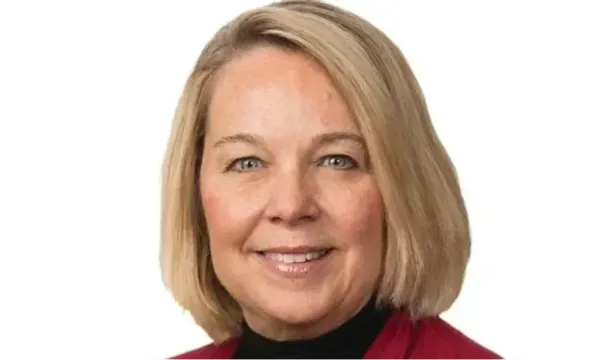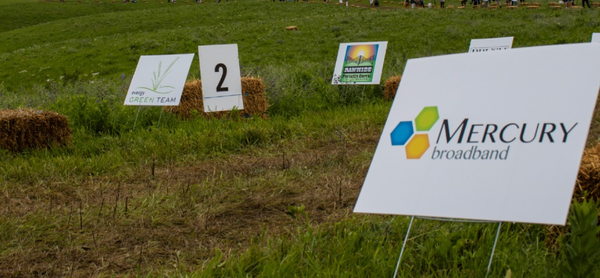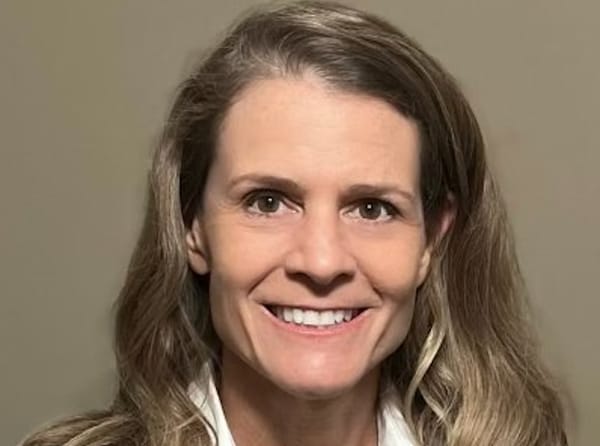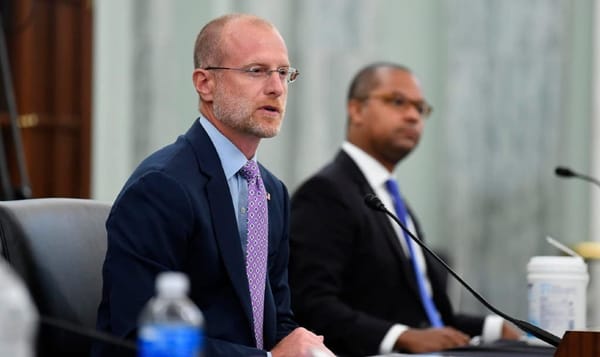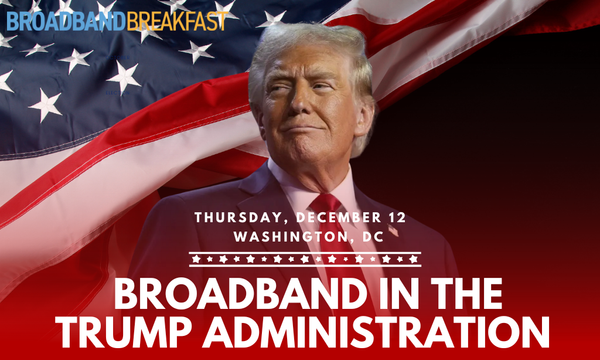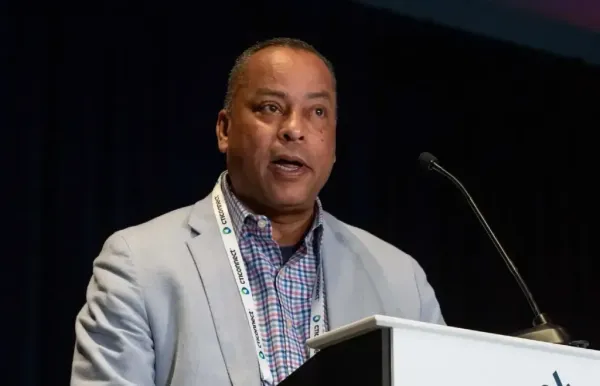Broadband Breakfast on November 20, 2024 – What Happens to Homework and Wi-Fi Hot Spots?
Join us as our expert panel explores the potential impacts and challenges of the FCC’s off-premise Wi-Fi funding.
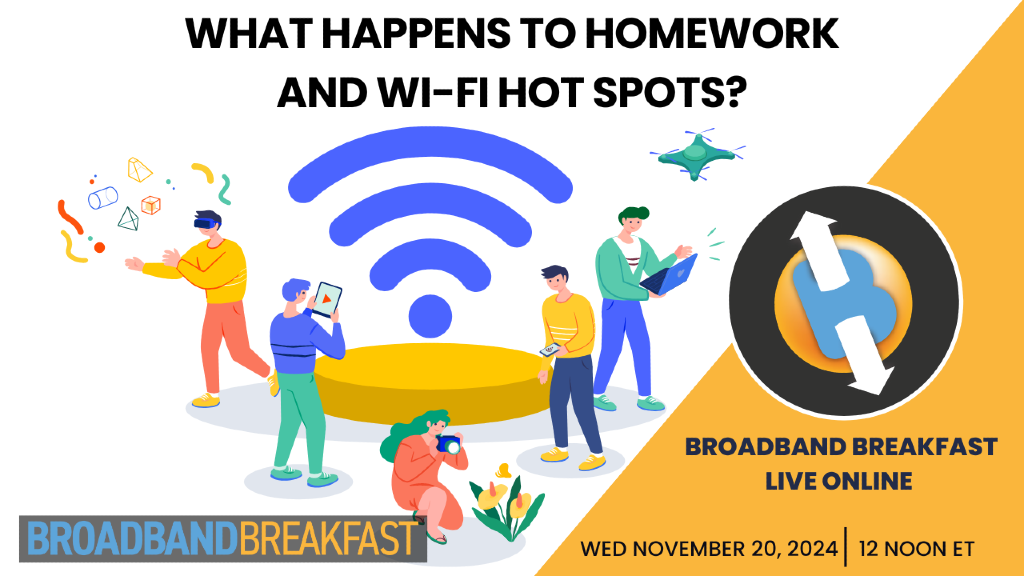
In July 2024, the FCC voted to expand its E-rate Funding program, which has traditionally subsidized internet access for eligible schools and libraries, to off-premise Wi-Fi hotspots. The commission has been supportive, but partisan divisions exist on the FCC's legal authority to extend E-rate funding for Wi-Fi beyond the boundaries of schools and libraries, warning that this expansion could push legal boundaries.
Some educators and tech advocates are calling on the FCC to broaden the scope beyond Wi-Fi hotspots. Others are focused on accessibility and flexibility, arguing against the FCC’s current rule limiting hotspot lending to a 21-day period. What happens next?
Panelists
- Amina Fazlullah, Head of Tech Policy Advocacy, Common Sense Media
- Noelle Ellerson Ng, Associate Executive Director, Advocacy & Governance, AASA, The School Superintendents Association
- John Windhausen Jr., Executive Director, SHLB Coalition
- Megan Janicki, Deputy Director, Strategic Initiative, American Library Association
- Annie Chestnut Tutor, Policy Analyst, Heritage Foundation’s Tech Policy Center
- Other panelists have been invited
- Drew Clark (moderator), CEO and Publisher, Broadband Breakfast
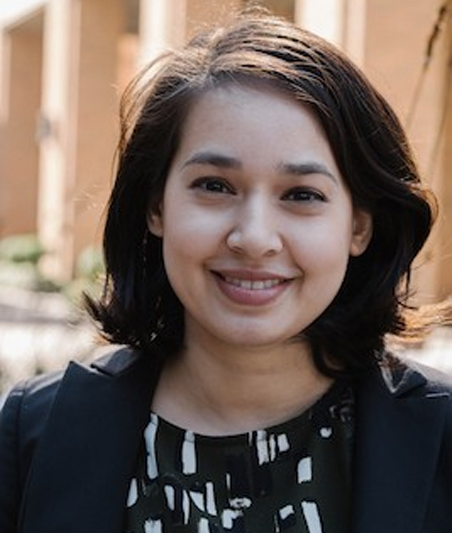

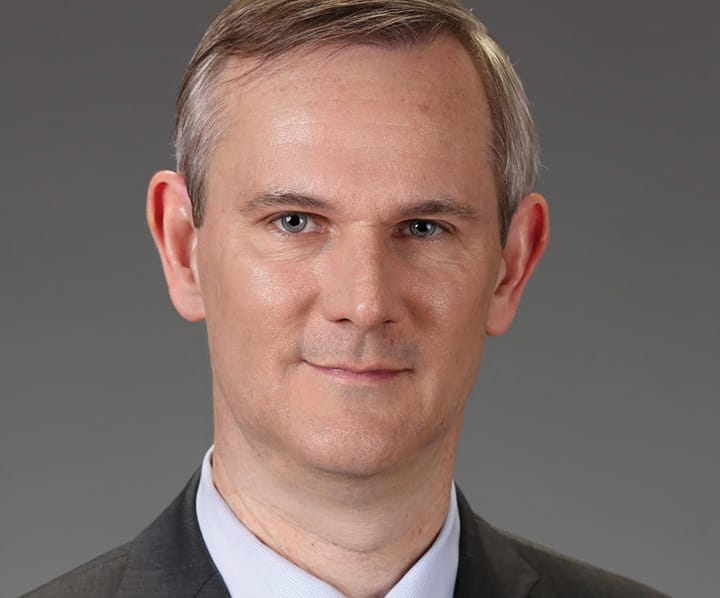
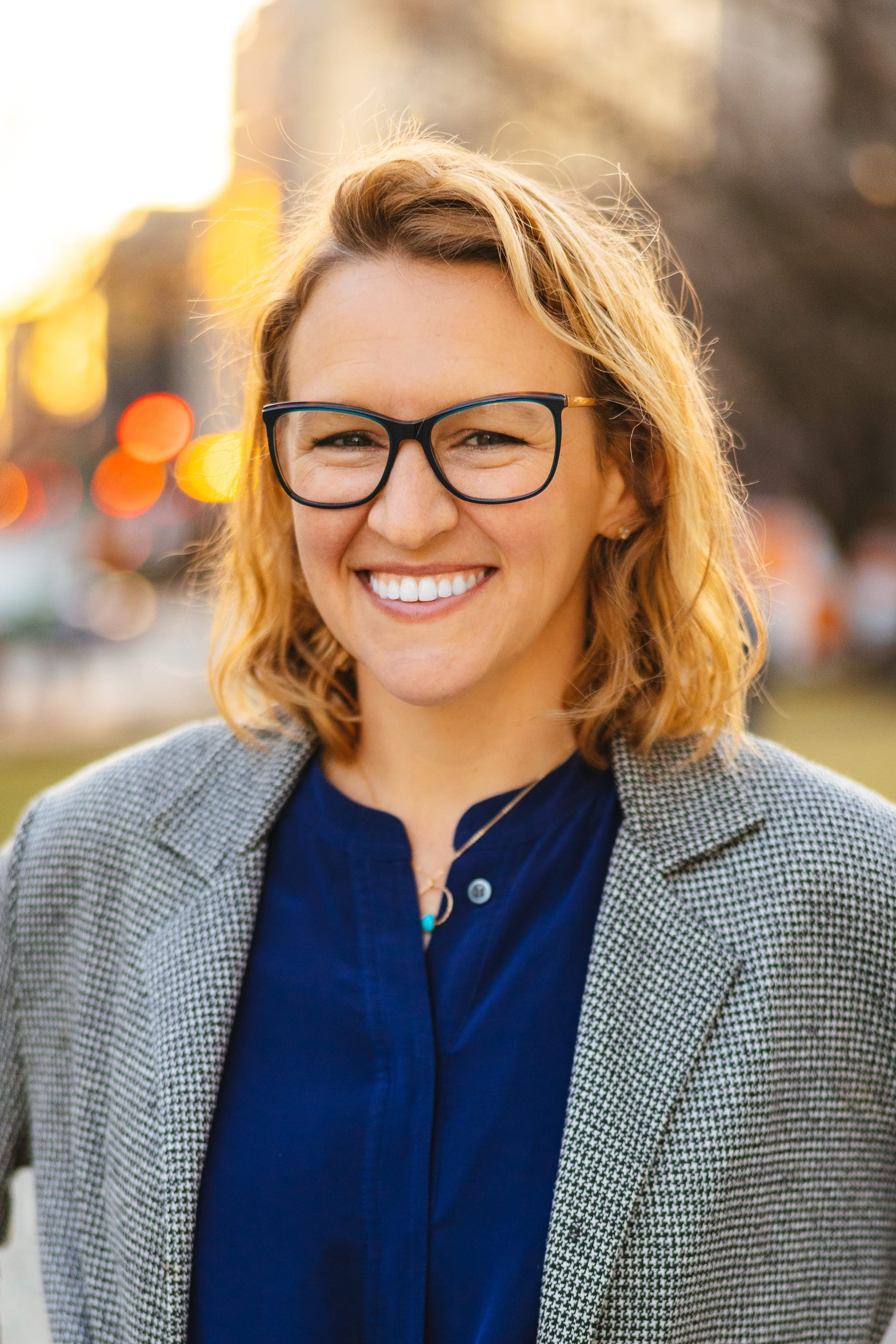

Amina Fazlullah is the Head of Tech Policy Advocacy at Common Sense Media. She has been an integral part of several projects relating to tech policy issues, but her expert focus is mostly focused on Common Sense's work to close the digital divide by 2025. Amina is a sought-after expert in the field and routinely presents her ideas to leaders and policy makers in Washington D.C. Amina also served as the Media And Telecommunications Staff Attorney for the United States Public Interest Research Group which gave her a plethora of opportunities to testify in front of Congress. She has also been featured in a variety of press including Time Magazine.
Noelle Ellerson Ng joined AASA in 2007 as a policy analyst. As associate executive director, she directs the advocacy and governance efforts of AASA. In this role she spearheads the organization’s federal advocacy work with Congress and the U.S. Department of Education; she oversees the organization’s survey, research, and policy analysis work; she manages the organization’s governance work, including direct support and management for the executive committee and governing board, as well as our 49 chartered state affiliates; and she oversees the AASA Student and Child Privacy Center.
John Windhausen Jr. founded the SHLB Coalition in 2009 with the support of the Bill & Melinda Gates Foundation. As executive director, he spearheads SHLB's membership growth and shapes its broadband policy recommendations. Previously, he served as president of the Association for Local Telecommunications Services, spent nine years on Capitol Hill, and started his career as a staff attorney at the FCC. In his role as senior counsel to the U.S. Senate Commerce Committee, John was a principal staff person responsible for drafting the Telecommunications Act of 1996 and served as chief legal adviser on telecom issues to Senators Fritz Hollings and Daniel Inouye.
Megan Janicki is Deputy Director, Strategic Initiative at the American Library Association’s Public Policy and Advocacy office. She leads the broadband and E-Rate portfolio and oversees initiatives related to economic opportunity.
Annie Chestnut Tutor is a policy analyst for the Heritage Foundation’s Tech Policy Center, where she focuses on the center’s kids and online safety portfolio. Annie was previously a Commerce, Science, and Transportation Committee staffer for Senator Ron Johnson and a legislative assistant for Senator Mike Lee for tech and telecom.
Breakfast Media LLC CEO Drew Clark has led the Broadband Breakfast community since 2008. An early proponent of better broadband, better lives, he initially founded the Broadband Census crowdsourcing tool to collect and verify broadband data left unpublished by the Federal Communications Commission. As CEO and Publisher, Clark presides over the leading media community advocating for higher-capacity internet everywhere through topical, timely and intelligent coverage. Clark also served as head of the Partnership for a Connected Illinois, a state broadband initiative.








